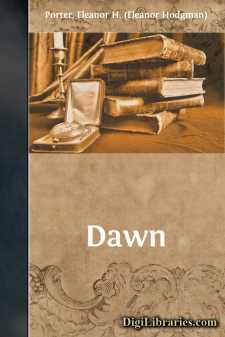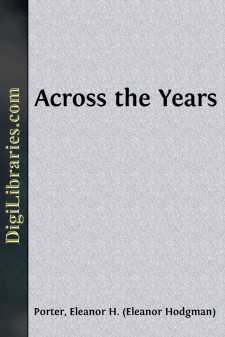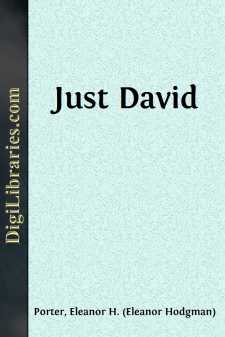Categories
- Antiques & Collectibles 13
- Architecture 36
- Art 48
- Bibles 22
- Biography & Autobiography 813
- Body, Mind & Spirit 142
- Business & Economics 28
- Children's Books 17
- Children's Fiction 14
- Computers 4
- Cooking 94
- Crafts & Hobbies 4
- Drama 346
- Education 46
- Family & Relationships 57
- Fiction 11829
- Games 19
- Gardening 17
- Health & Fitness 34
- History 1377
- House & Home 1
- Humor 147
- Juvenile Fiction 1873
- Juvenile Nonfiction 202
- Language Arts & Disciplines 88
- Law 16
- Literary Collections 686
- Literary Criticism 179
- Mathematics 13
- Medical 41
- Music 40
- Nature 179
- Non-Classifiable 1768
- Performing Arts 7
- Periodicals 1453
- Philosophy 64
- Photography 2
- Poetry 896
- Political Science 203
- Psychology 42
- Reference 154
- Religion 513
- Science 126
- Self-Help 84
- Social Science 81
- Sports & Recreation 34
- Study Aids 3
- Technology & Engineering 59
- Transportation 23
- Travel 463
- True Crime 29
Dawn
Description:
Excerpt
CHAPTER I
THE GREAT TERROR
It was on his fourteenth birthday that Keith Burton discovered the Great Terror, though he did not know it by that name until some days afterward. He knew only, to his surprise and distress, that the "Treasure Island," given to him by his father for a birthday present, was printed in type so blurred and poor that he could scarcely read it.
He said nothing, of course. In fact he shut the book very hastily, with a quick, sidewise look, lest his father should see and notice the imperfection of his gift.
Poor father! He would feel so bad after he had taken all that pains and spent all that money—and for something not absolutely necessary, too! And then to get cheated like that. For, of course, he had been cheated—such horrid print that nobody could read.
But it was only a day or two later that Keith found some more horrid print. This time it was in his father's weekly journal that came every Saturday morning. He found it again that night in a magazine, and yet again the next day in the Sunday newspaper.
Then, before he had evolved a satisfactory explanation in his own mind of this phenomenon, he heard Susan Betts talking with Mrs. McGuire over the back-yard fence.
Susan Betts began the conversation. But that was nothing strange:
Susan Betts always began the conversation.
"Have you heard about poor old Harrington?" she demanded in what Keith called her "excitingest" voice. Then, as was always the case when she spoke in that voice, she plunged on without waiting for a reply, as if fearful lest her bit of news fall from the other pair of lips first. "Well, he's blind—stone blind. He couldn't see a dollar bill—not if you shook it right before his eyes."
"Sho! you don't say!" Mrs. McGuire dropped the wet sheet back into the basket and came to the fence on her side concernedly. "Now, ain't that too bad?"
"Yes, ain't it? An' he so kind, an' now so blind! It jest makes me sick." Susan whipped open the twisted folds of a wet towel. Susan seldom stopped her work to talk. "But I saw it comin' long ago. An' he did, too, poor man!"
Mrs. McGuire lifted a bony hand to her face and tucked a flying wisp of hair behind her right ear.
"Then if he saw it comin', why couldn't he do somethin' to stop it?" she demanded.
[Illustration: SUSAN BETTS TALKING WITH MRS. MCGUIRE OVER THE BACKYARD
FENCE]
"I don't know. But he couldn't. Dr. Chandler said he couldn't. An' they had a man up from Boston—one of them eye socialists what doesn't doctor anythin' but eyes—an' he said he couldn't."
Keith, on his knees before the beet-bed adjoining the clothes-yard, sat back on his heels and eyed the two women with frowning interest.
He knew old Mr. Harrington. So did all the boys. Never was there a kite or a gun or a jack-knife so far gone that Uncle Joe Harrington could not "fix it" somehow. And he was always so jolly about it, and so glad to do it. But it took eyes to do such things, and if now he was going to be blind—
"An' you say it's been comin' on gradual?" questioned Mrs....












